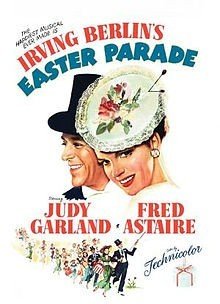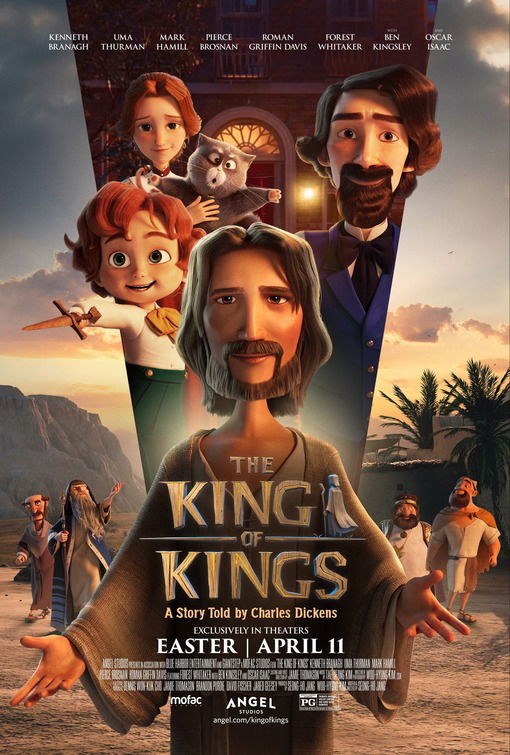Lee Greenwood: AI ‘Will Not Replace’ Human Creativity
By Movieguide® Contributor
Country music star Lee Greenwood is one of many musicians speaking out against AI.
“I would never encourage artists to do that, to fall back on something that takes place over your own creative ability,” the “God Bless the U.S.A.” singer explained, adding, “It will not replace the human ability to be creative.”
Greenwood said he and his family have been talking about the potential of AI, sharing that his sons, Dalton and Parker, think “it will actually take over human input in years to come.”
“I don’t agree with that,” the singer stated. “I believe that, in the end, it’ll just be a tool to use in all [industries], and hopefully it will advance the human race.”
Greenwood concluded, “It will not replace the human ability to be creative.”
The singer also spoke about his family’s life away from Hollywood and how it has helped them hold on to important values.
“The luster of Hollywood kind of rubs off when you get outside of that area,” he told Fox News. “I have been blessed to be able to be raised on a farm where real values count. And even after spending 20 years in Nevada, and now 40 years in Tennessee, I am surrounded by people with real values. I think that has helped us as a family.”
Greenwood isn’t the only country musician who isn’t afraid of AI’s spread.
“I would struggle to think something that couldn’t feel could really write a song, to make somebody else feel,” singer Riley Green said, with fellow musician Nate Smith adding, “Real country writers, I think, are going to be around forever.”
Movieguide® previously reported on concerns about AI in the music industry:
Mitch Glazier, chairman and CEO of the Recording Industry Association of America (RIAA), said they are prioritizing removing artificially created music that infringes on an artist’s name or likeness.
“When you’re an artist, you spend your whole life grappling with what you want to put out to the world, how you want to express your ideas, what is your art,” he said of artists’ fears. “And a lot of times it’s very personal, and it reflects your lived experience.
He continued, “It’s your genius. … It’s the essence of who you are. So, to have that taken from you is a very personal and objectionable act, and even if it’s done, you know, sometimes by people who might love your work … that is not the art that the artist is … agreeing to make and that reflects who they are. Having your name and your likeness and your image and your voice appropriated is an incredibly scary and vulnerable act that I think that [artists] take very personally.”
https://www.instagram.com/p/CxrIgxtsjNq/?utm_source=ig_web_copy_link&igshid=MzRlODBiNWFlZA==
Questions or comments? Please write to us here.


 - Content:
- Content: 

